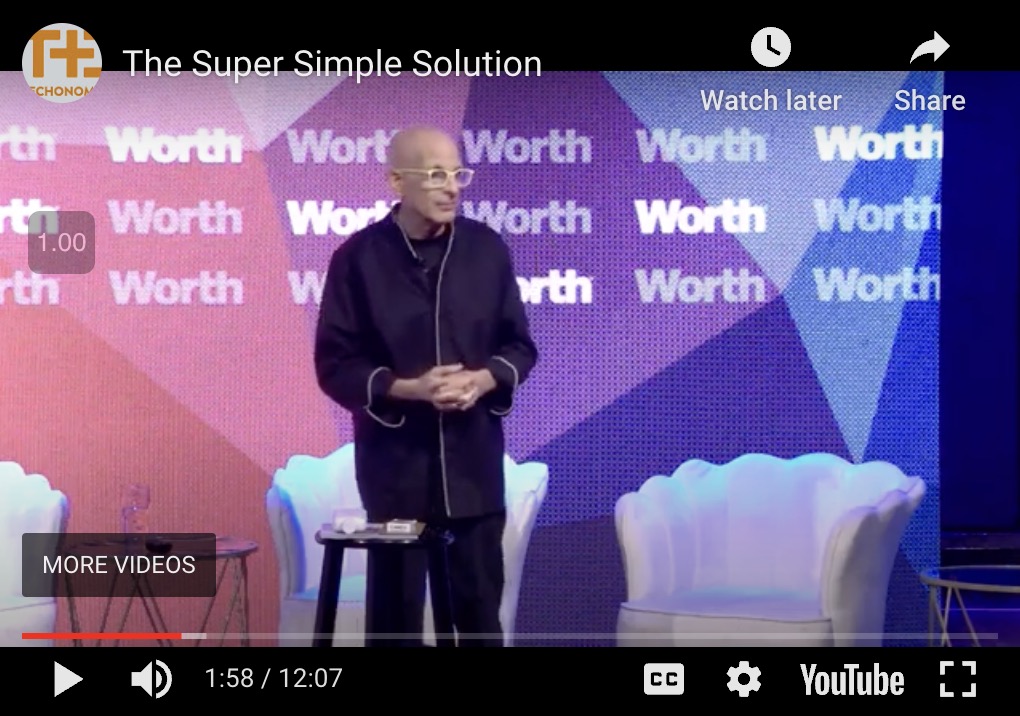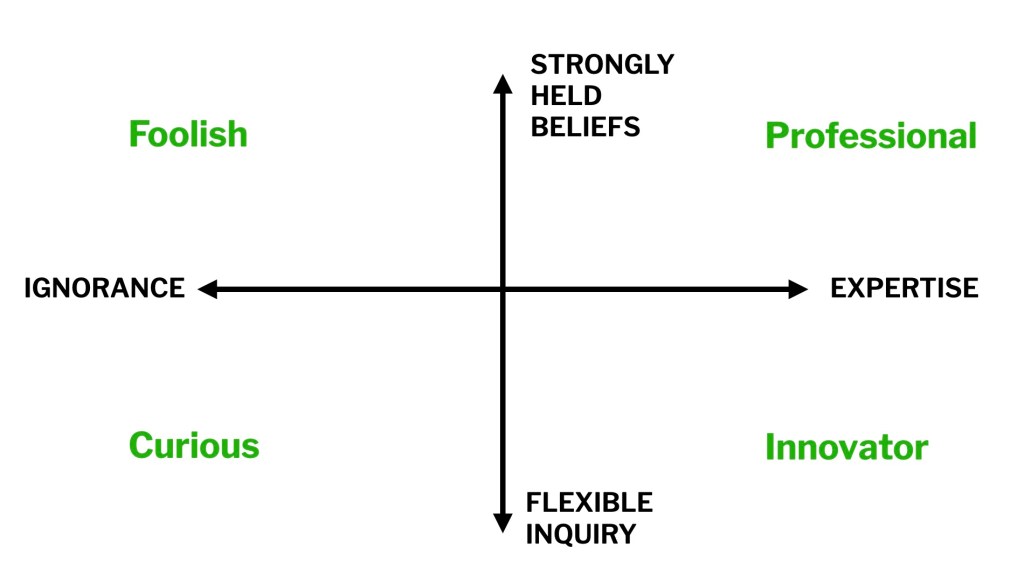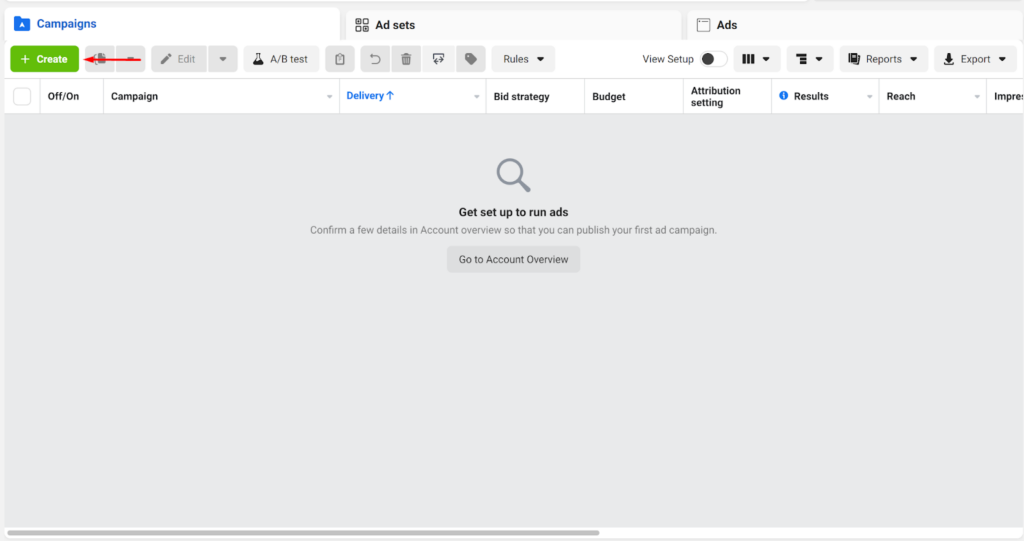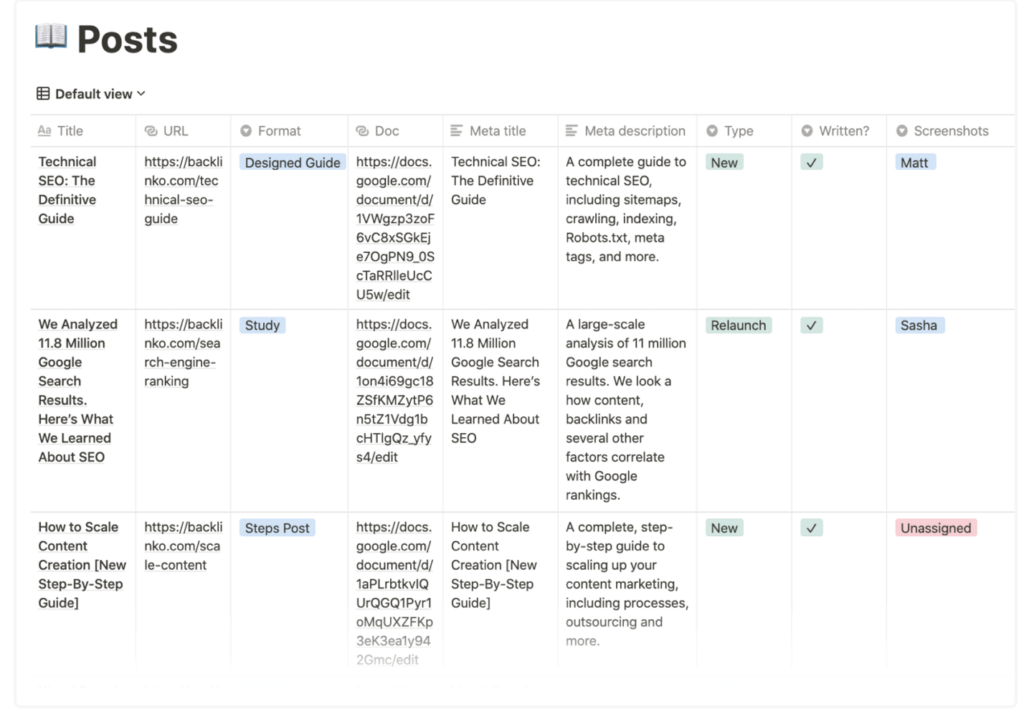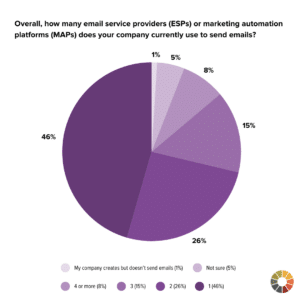What happened vs. what we do about it
It’s possible to have a useful conversation about what to do about something that’s broken or needs improvement. But first, we must acknowledge that it happened. It’s not controversial to understand the facts, the data and the shifts that are happening in the world we live in. In fact, the only way to have a

